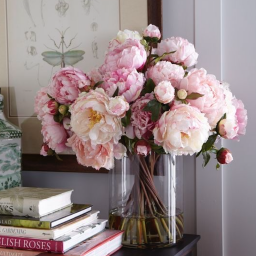11 Common Vegetable Gardening Mistakes To Avoid
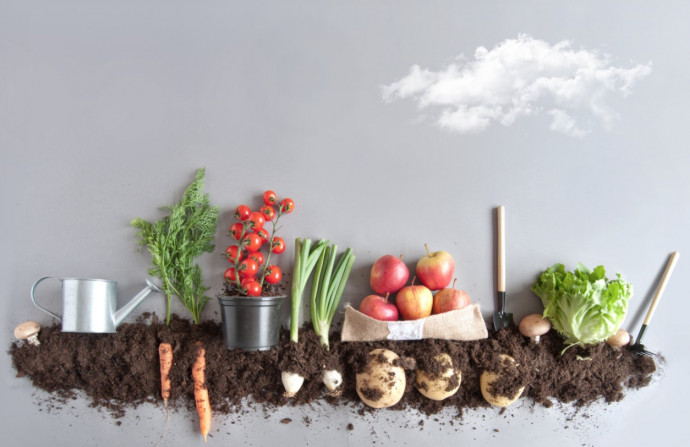
As with all gardening, growing vegetables takes experience. It's not particularly difficult, but plants can be unpredictable and uncooperative. Growing your own vegetables and herbs is a fun and rewarding way to feed your family. But unfortunately, sometimes things go wrong. Here's a list of common mistakes to avoid to keep your vegetable garden in tip-top shape. Take a moment to find out what mistakes you may not know you're making; if you avoid these mistakes, this year's harvest could be your best yet.
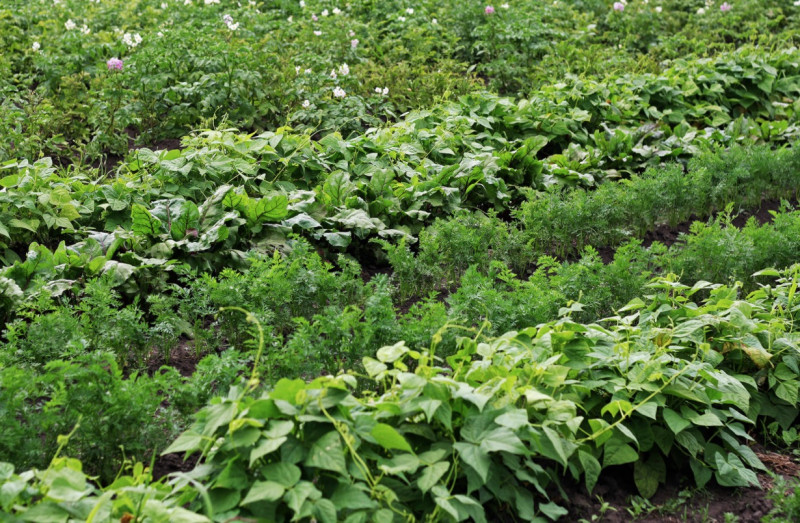
1. Excessive Planting
All gardeners tend to plant more than they can eat, not to mention take care of, but new vegetable gardeners don't realize how much work that can be. Vegetables don't wait until you have time to take care of them. They will ripen and rot or go to seed. It's better to start small than to waste both your effort and your vegetables.
There are two basic ways to overdo it: too much space or too much variety. Too much space is the most common mistake. For someone brand new to gardening, a 10 x 10 foot garden is a good way to start. You can always make it bigger. Feeling overwhelmed or chained to the garden is the main reason why so many new vegetable gardeners don't continue.
Too much variety can also overwhelm you as you try to keep all the plants happy. Rather, start with a handful of plants that you really like to eat or that you can't buy fresh locally. Learn how to grow them well and then expand your repertoire.
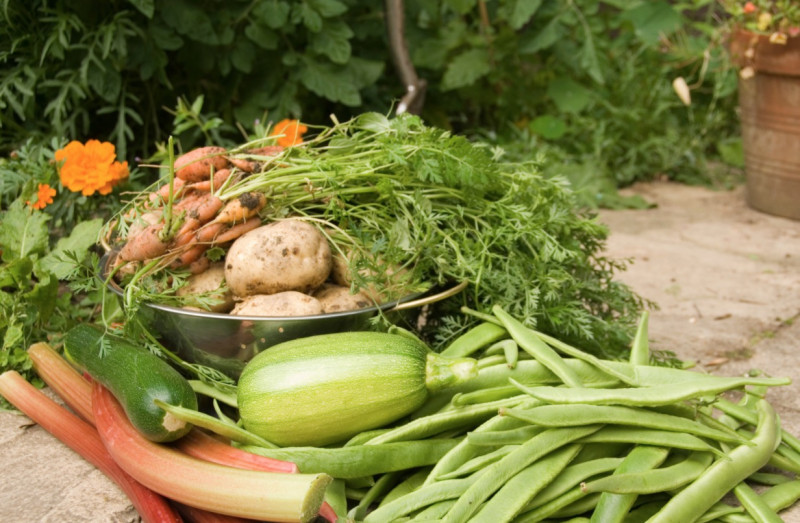
2. Neglecting Harvesting
It sounds counter-intuitive, but many gardeners are hesitant to harvest when everything is ready. They worry that more won't grow back, or they don't want to hurt the plant, or sometimes they just want the sight of a lush garden. But not harvesting when a vegetable is ready to be picked will actually cause your garden to grow slower. A plant won't set more cucumbers or peppers if its branches are already full of them. Herbs, like basil and cilantro, benefit from frequent harvesting. When you cut off the tops of plants, you encourage them to branch out and become fuller. Enjoy your vegetables while they are in full bloom.
3. Too Early Planting
We're all impatient when it comes to getting started with the garden. It's very tempting to stick your hands in the soil and start sowing seeds months before the last frost. But small seeds quickly turn into gangly, hungry seedlings. They need a lot more room in your house, and they get stressed if they have to stay inside in pots with low light.
Even if you start your garden by buying seedlings, you need to resist the urge to put them in the ground as soon as you get them home. It may be true that you'll find the widest selection of varieties if you buy early, but have a plan for hardening them off and how you'll protect them if a late frost is predicted. Otherwise, you'll be going right back to the nursery to buy more plants.
4. Choosing Improper Spot
It's a pleasure to work in a vegetable garden in the crisp days of spring or fall, but if your garden isn't hardy, eventually you won't visit it every day. It only takes a day or two for zucchini to grow to the size of a bowling pin or for a rabbit to break through your fence and eat your peas.
Two other considerations are locating near a water source and in a place that gets at least six hours of sun a day. Vegetables that don't get enough sunlight will struggle all season, set less fruit and develop less tasty sugars than well-placed vegetables. And trust me, you won't enjoy lugging a hose 100 feet every time a plant needs watering, and watering cans aren't much better.
5. Skimping on the soil
To be a successful gardener, you should cultivate a true love of the soil. It can't be an afterthought. If you start with poor soil, you'll be fighting it all season long. Good soil is home to all kinds of beneficial creatures that help turn the soil into a repository of accessible nutrients while preventing problems from occurring.
Prevent all that goodness from being washed away by ending the season with either green manure that will be tilled the following season, or a thick layer of shredded leaves or leaf mold. The leaves will slowly decompose in the soil, enriching the soil and attracting even more beneficial insects and earthworms to keep this healthy system going. Once you've experienced and breathed in the earthiness of rich soil, you may even enjoy replenishing it each season.
6. Postponing Maintenance
Weeding, feeding and watering must be done at regular intervals, especially watering. Plants don't like competition for water and nutrients, and if you allow weeds to establish, many plants will stunt and reduce their yields.
Without regular water and food, plants go into stress and shut down. They go into self-preservation mode and refuse to set fruit or simply bolt to seed to ensure the propagation of their species. If you think taking care of a pet is time-consuming, you'll find that vegetable plants are true divas.
7. Not Staggering Harvest times
Your family may eat lettuce every night, but planting a 10-foot row of lettuce won't provide you with lettuce all season long. You need to do some strategic planning to stagger your harvest times. There are several ways to do this, including succession planting and planting varieties that mature at different times. You'll be glad you took the time to spread things out.
8. Disregard spacing
This problem is closely related to the problem of starting too big. Small seedlings planted with proper spacing can make the garden look bare. Why leave 3 feet of spacing between tomato plants when you can move them a foot or so closer together? Because they will grow and fill up quickly, and closely spaced plants won't get the sun and air circulation they need. This leads to disease and lower yields, not to mention difficulty harvesting.
Vegetables you'll harvest as whole plants during the season, like lettuce, carrots or beets, can be spaced a little tighter and thinned out at harvest. But tomatoes, corn, peppers and the like need room to branch out. Use the extra space early in the season to plant a fast-growing crop like spinach or lettuce. By the time the long-season plants need the space, it's gone.
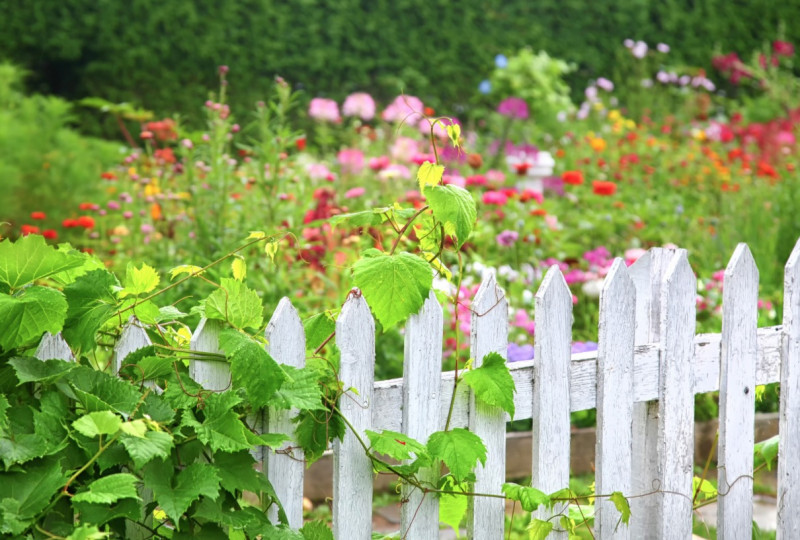
9. Not fencing
Planting vegetables is like ringing the dinner bell. Herbivores, like deer, rabbits, and groundhogs, will clean you out overnight. The need for a sturdy fence cannot be overstated. The type of fence you need depends on what animal problems you have.
Burrowing animals, such as groundhogs, rabbits and chipmunks, need both an above-ground fence that is at least three to four feet high and an earth fence that is about three feet high. Tilt both fences outward from the garden to further deter them.
10. Ignoring minor problems
Not every vegetable garden problem requires a full-on attack; in fact, most don't. But you do need to monitor your plants regularly. If you see yellowing leaves or spots, take a closer look and make a correction before the whole row of plants gets sick. Insects like to lay their eggs on the undersides of leaves. Check on them occasionally. If you scrape the eggs off before they hatch, the problem can be avoided completely. However, don't be so overcautious that you spray at the first sign of trouble or be tempted to kill all the insects. There are beneficial insects that are your partners in the garden. They kill off pests or make sure plants pollinate each other. And always be sure what you are spraying for before you spray anything.
11. Not interplanting
Encouraging biodiversity is the most important thing you can do for your plants. Mixing plant varieties helps support the overall health and productivity of each plant and will produce better yields for longer. One of the most common methods of interplanting is known as the "three sisters" - corn, beans and squash, which grow better together. Here's why: corn requires a lot of soil resources and is very tall; beans are nitrogen-fixers that help combat the pull of the corn (if you use pole beans, they can use the corn as a natural trellis); and the ground-creeping squash benefits from the nitrogen-fixing of the beans as well as the tall corn blocking some sun during the day. As a bonus, a full range of plants from tall to ground will help suppress weeds and reduce maintenance time.
